Police lack resources to probe corruption, inspectors say
- Published
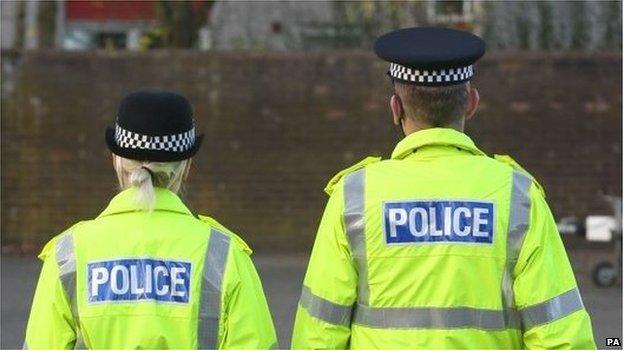
Half the police forces in England and Wales lack the capability and resources to properly investigate corruption among their own officers, a report says.
Many forces were not "seeking out intelligence on corruption proactively", Her Majesty's Inspectorate of Constabulary found.
But it said there was no evidence of "endemic" corruption.
And it added that most officers and staff were "honest and professional".
In the report, entitled Integrity Matters, external, HMIC said systems for handling corruption "varied considerably" between forces, and that too few forces were able to identify and analyse the threats and take proactive steps to catch corrupt officers.
The inspectors also raised concerns that anti-corruption investigators were not using their full powers - such as carrying out searches and drug tests - and as a result were missing opportunities to gather evidence.
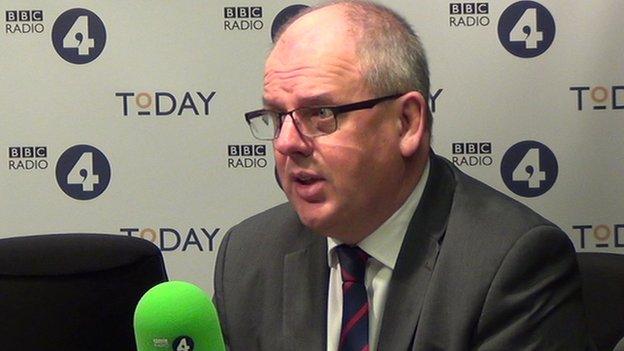
Mike Cunningham said some corruption cases might not have been properly investigated
The report also suggested it was "impossible" to know the extent of corruption as there was no agreed definition of the term.
To identify corruption, the report therefore complied data on behaviours "most likely" to involve corruption: drug-related offences, bribery, theft, sexual misconduct and unauthorised information disclosure.
HMIC raised concerns about the fact that fewer than a third of the 3,070 investigations into allegations in these categories in the 12 months up to March 2014 resulted in "management action", written warnings, dismissals or resignations.
HM Inspector of Constabulary Mike Cunningham told BBC Radio 4's Today programme that one reason for cases being dropped was that they were discovered to be "unfounded or malicious".
But he added: "We cannot rule out that some of those allegations have not been properly inquired into or investigated."

Analysis
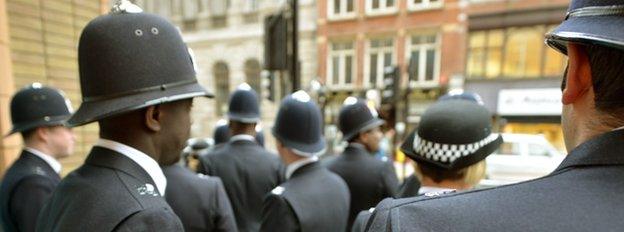
By Danny Shaw, BBC home affairs correspondent
The more you look for it, the more you'll find it - that's the key message on police corruption from this 226-page report.
And some forces aren't looking hard enough - they're failing to identify the threats, develop intelligence and use their full powers to root out corrupt officers.
As the report says, it may partly be down to a lack of resources and specialist capability: this is difficult work, which sometimes involves using the most sophisticated covert techniques against colleagues.
But is it also because some officers lack the motivation to investigate their own?
The report doesn't answer that.
But it does suggest that ethical standards remain high - so high in fact that some beat officers refuse to accept cups of tea from members of the public in case their acceptance of hospitality is misinterpreted.
The report, rightly, says that's going too far.

'Corrosive nature'
Mr Cunningham said police forces had made "great strides" in tackling misconduct and corruption, and they must now "focus on proactive prevention work".
He said senior officers were demonstrating "commitment" to stopping corruption, and officers were "quick to tell us that they see corrupt colleagues as a betrayal of the vast majority who are honourable, decent and hard-working".
He added: "We know only too well that the corrosive nature of corruption means that even a single case can be damaging to public confidence."
The Inspectorate also said that, while more than three quarters of the 17,200 officers surveyed felt they were encouraged to challenge unethical behaviour, only "just over half" said they trusted the confidentiality of internal reporting systems.
The report, commissioned by Home Secretary Theresa May, found the majority of forces had "maintained or increased staffing levels" in anti-corruption units despite budget cuts.
The College of Policing said its code of ethics was being adopted by all forces and it was exploring how counter-corruption training could be expanded.
The college's chief executive, Chief Constable Alex Marshall, added: "Work has already begun to provide guidance to forces for best practice in managing whistleblowing.
"This should increase confidence among officers that their force will know how to deal with any disclosure appropriately."
- Published4 September 2014
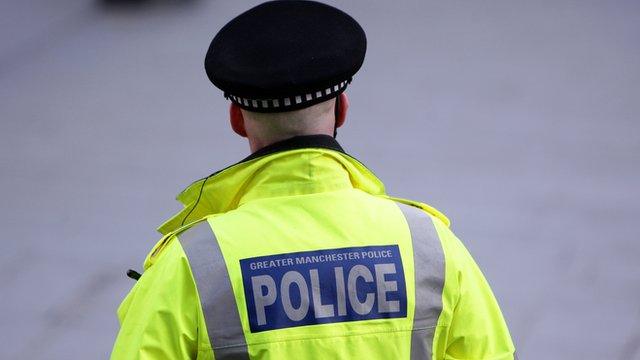
- Published22 July 2014
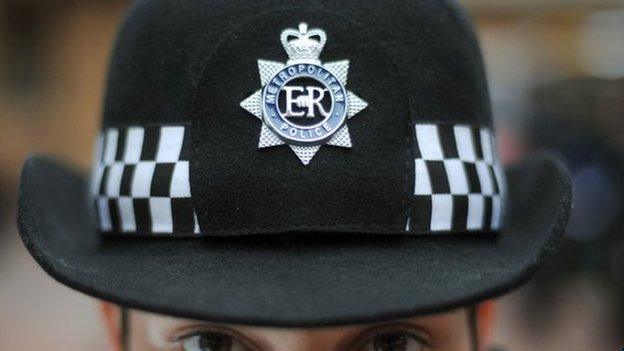
- Published1 May 2014
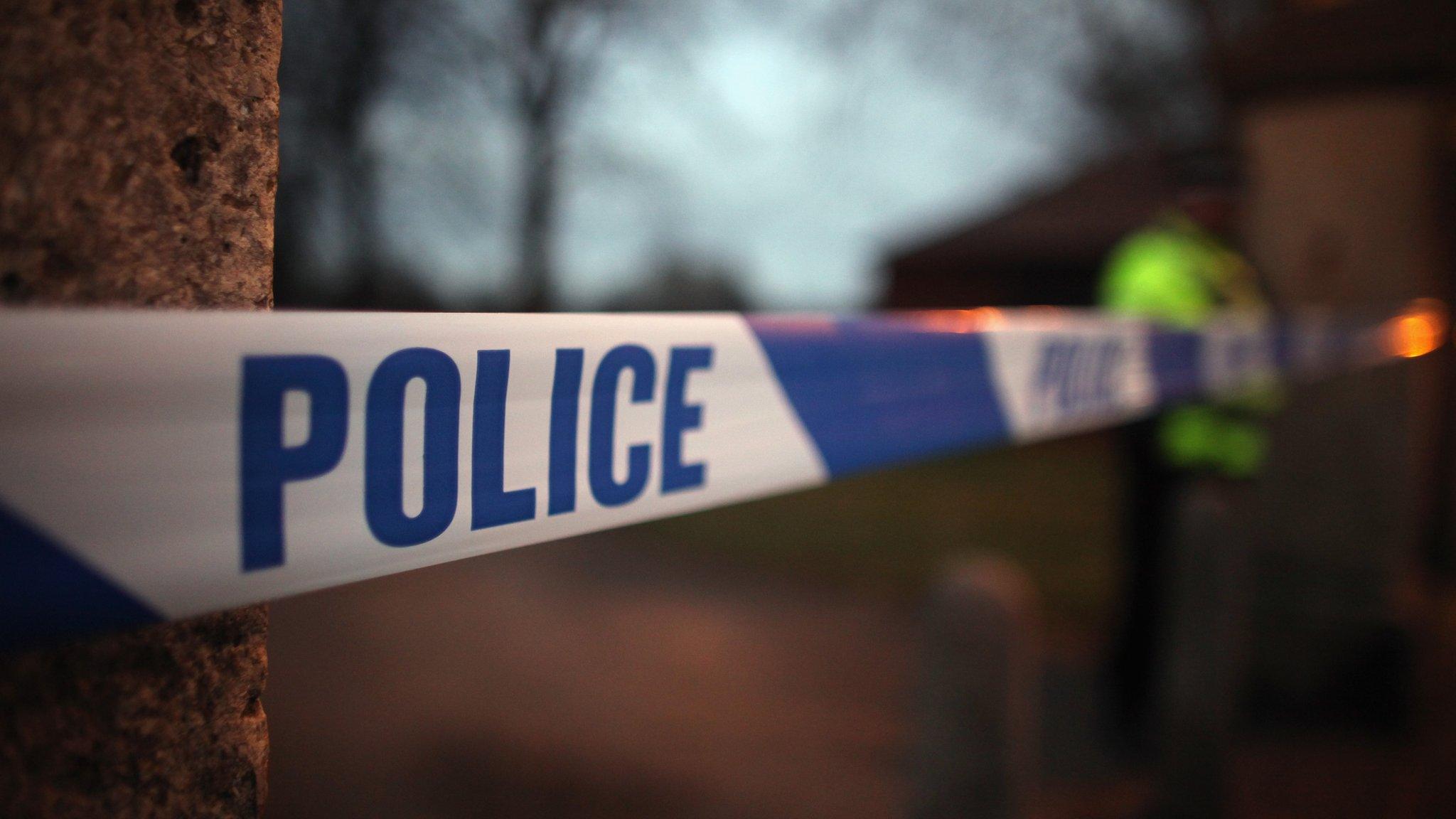
- Published10 April 2014

- Published31 March 2014
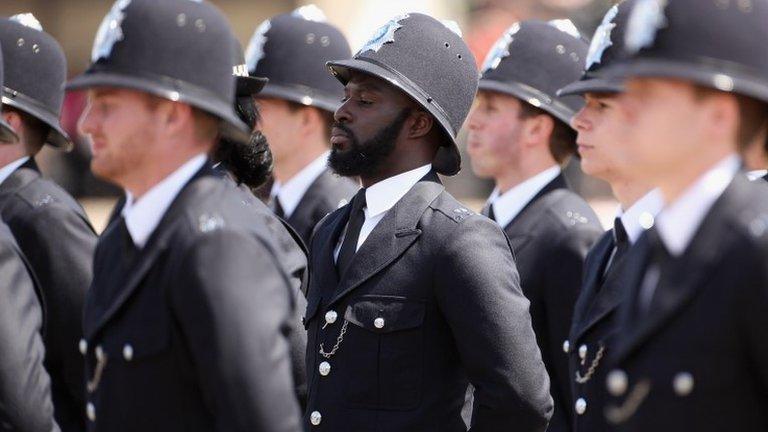
- Published27 March 2014
